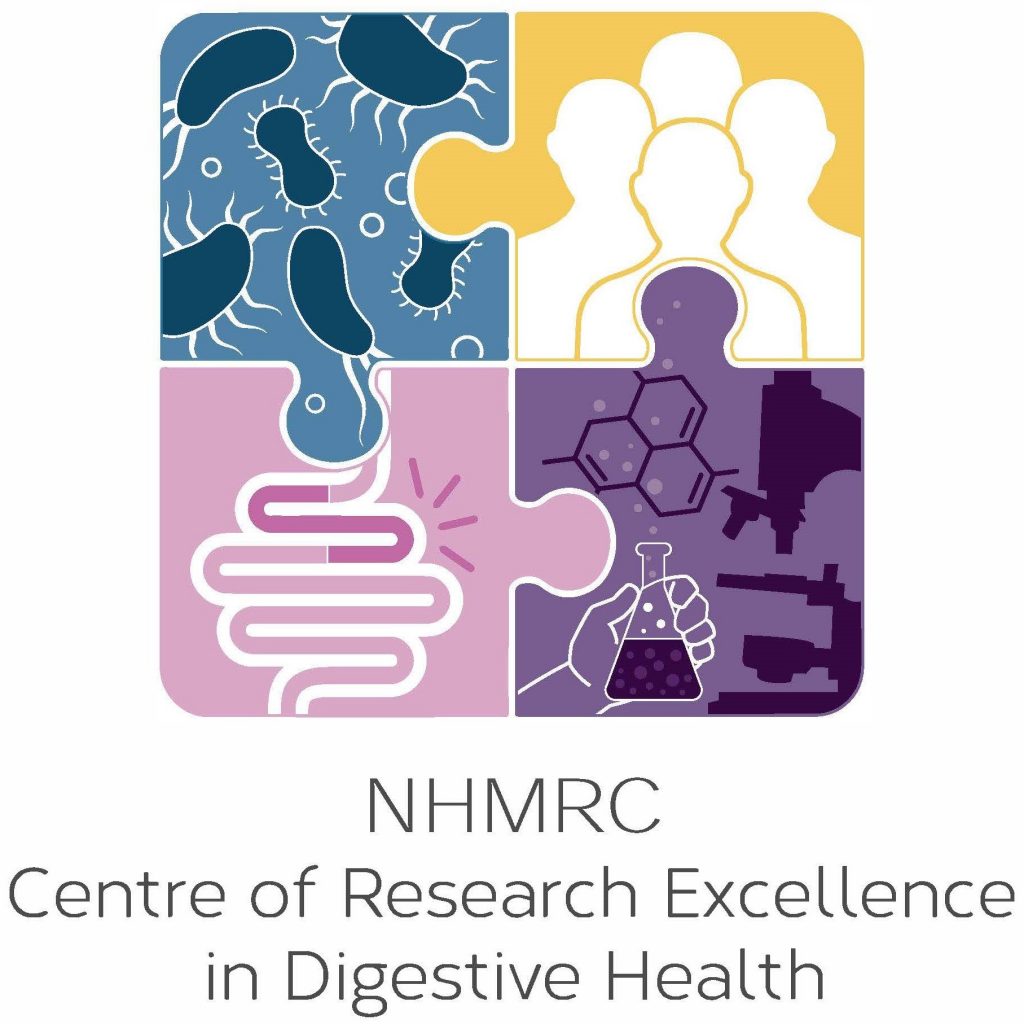Consumer Partnering and the National Bowel Cancer Screening Program: Attitudes and Opportunities to Improve Participation for Rural and Remote Communities
Principal Investigator: Nicole Marinucci
Feasibility, Safety and Efficacy of Combined Aerobic and Resistance High-Intensity Interval Training for People with Functional Gastrointestinal Disorders
Principal Investigator: Emily Cox
Patient-reported perceptions of dietary management in the ‘Diet in Crohn’s disease study’
Principal Investigator: Georgina Williams
